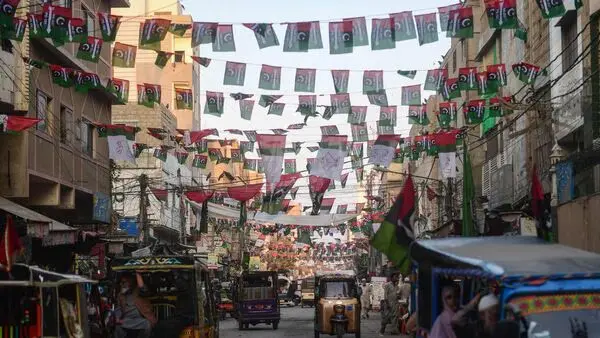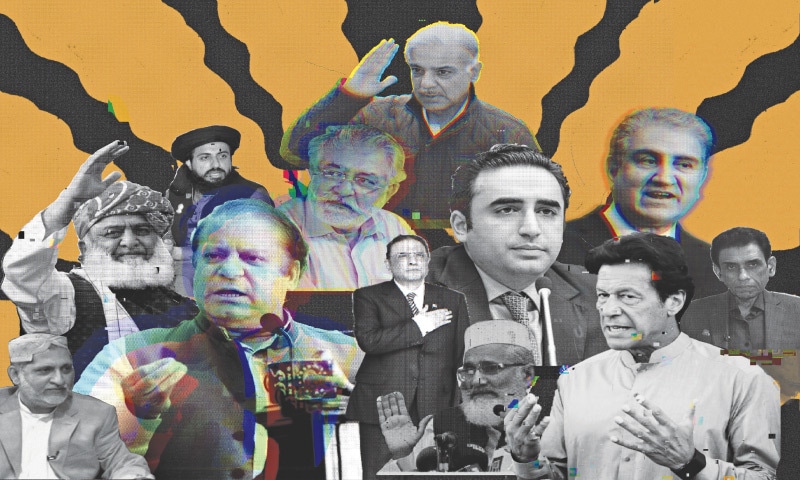
As Pakistan’s general elections approach, the political stage is once again crowded with hopefuls vying for power. Each candidate presents a carefully curated image of her/his political career, a portrait meant to resonate with voters and secure their trust. But how much does this polished facade reflect the reality of past actions and capacity to deliver in the future? It is time to break through the glossy veneer and take a critical look at the credentials of those seeking to lead the nation.
Pakistan’s political landscape is intricately woven and driven by various factors. Traditional family dynasties, a powerful military, and established political parties carry legacies that shape public perception. Some voters find comfort in the familiarity of the names and faces, believing their experience guarantees stability, while others see them as remnants of a bygone era, unable to adapt to the challenges of a new time, new age.
Fast forward to 2024, a burgeoning youth demands fresh ideas, not faded promises.
The Election Commission of Pakistan’s (ECP) data has revealed that the total proportion of voters below 35 years of age is 45.84%, which would play a significant role in deciding the fate of political parties in the February 8 elections.
Pakistan’s upcoming elections offer a mix of promising newcomers and seasoned veterans. There are the familiar faces, seasoned politicians carrying the baggage of their parties’ checkered pasts. Some have experience in various government portfolios already but their records often reveal inconsistencies and even allegations of corruption.
To take a few examples of candidates contesting the upcoming elections, Dr. Qamar and Malik Siddiqui, with their focus on human development and social justice, inspire hope for a fresh start. However, figures like Hamza Sharif and Fawad Chaudhry raise concerns about nepotism and political maneuvering.
Maulana Fazlur Rehman, JUI-F’s leader, stirs the pot with conservative views and anti-Western stances. Critics worry about secular erosion and authoritarian leanings. While the prospect of women participation in 2024 elections is commendable, but questions arise about the competency of candidates like Sanam Javed, who lacks a convincing portfolio and gained popularity by talking ill of political opposition.
Beyond individual profiles, the 2024 elections will be a battleground for narratives.
National security, economic stability, and religious identity will undoubtedly be key themes. The danger lies in the weaponization of these narratives, the potential for fear-mongering, and divisiveness to overshadow substantive policy discussions.
A closer examination of the general attitude towards credentials of electoral candidates reveals shortcomings and flaws that can impact the nation’s trajectory. One glaring flaw is the lack of focus on long-term vision. Politicians often get bogged down in immediate challenges, neglecting crucial investments in education, healthcare, and infrastructure.

Image Source: Dawn
Another shortcoming is the disconnect between rhetoric and reality. Promises of eradicating poverty and corruption often ring hollow when juxtaposed with the harsh realities faced by ordinary citizens. The overemphasis on personalities rather than policies weakens the very fabric of democracy. Cult-like followings and divisive rhetoric overshadows critical debates about policy substance and governance reforms.
As voters, people must demand clear policy directions and manifestos, not just catchy slogans or emotional appeal. The 2024 General Elections are not just about choosing a leader; they are about choosing the course of Pakistan’s future.


















Leave a Reply